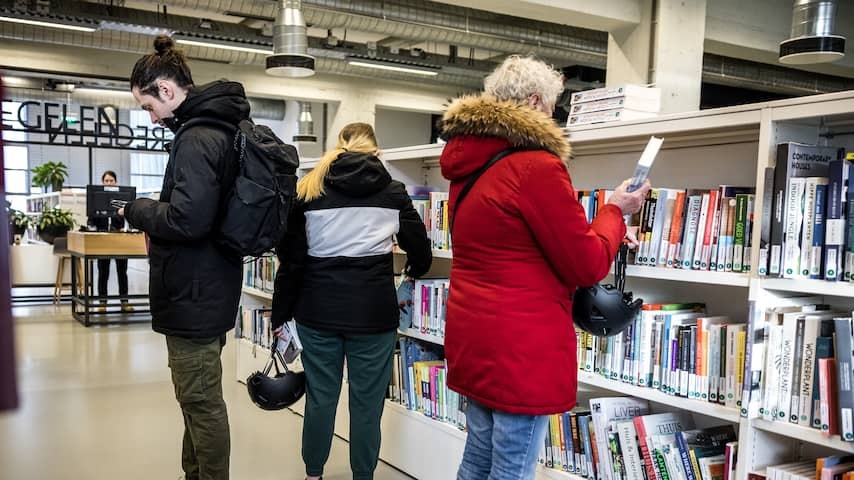
A place to live in the Randstad or in Twente does not matter that much for someone’s place in society. Money, a social network and good health are much more decisive when it comes to inequality. Appearance also plays a role.
The Netherlands Institute for Social Research (SCP) investigated in seventy areas in the Netherlands whether a place of residence is decisive for inequality in society. But whether you live in a bustling city or in the countryside is less important than thought.
SCP researcher Cok Vrooman calls the outcome “somewhat surprising”, because the political debate often revolves around the contrast between disadvantaged areas and places where residents would be better off. But he did not find any really big differences.
What is decisive for someone’s place in society is access to, for example, money, education, a social network and good health. “That makes inequality complicated and therefore more persistent,” says Vrooman to NU.nl.
When it comes to inequality, we tend to think of poverty reduction, but Vrooman thinks that is too one-sided. “We should also look at people who have a lot of money and a good network, for example. To what extent does that kind of capital give opportunities that others do not have? Think of further training, an affordable roof over your head and access to good internships.”
Classes don’t feel fair
In 2023, the SCP distinguished seven different classes in the Netherlands. At the bottom is the so-called precariat. These are pensioners with few resources and people who are unfit for work. The working upper class is the class with a lot of capital. Capital includes money, but also a network and good health. You can read more about this classification in the article below.
“That class structure does something to society,” says Vrooman. “It can feel very unfair if you are at the bottom and see that people from higher classes are more likely to rise to the top than others.” Two young individuals can end up very differently in life if one is seen as unattractive and the other is not, while they otherwise have the same lifestyle. Someone’s skin color, clothing and voice also play a role.
In the Netherlands, there is a large group of people for whom this system does not feel fair. They look to the government for solutions. When politics ignores this signal, it can come at the expense of trust in the government.
Library can already help
Although there are no easy solutions to complex problems, the SCP does provide some tools for effective policy. For example, the government should invest in resources that people need during important transitions in life, such as getting older and starting a career.
“The welfare state of the Netherlands has become increasingly meager and more selective in recent decades,” says Vrooman. When healthcare, housing and education are accessible to everyone, a government needs to set up fewer separate schemes for certain groups. “The question is according to which principle the government wants to organize our welfare state in the long term.”
A question that arises is whether municipal poverty policy is still useful, since someone’s place of residence has little correlation with class inequality. Vrooman therefore advocates national facilities for everyone, with additions for people in exceptional circumstances. Think of high, non-reimbursed medical costs. At the same time, local authorities remain indispensable in the implementation, because they know the situation on the ground better.
Local meeting places such as libraries can contribute to equality, although people with the most and the least capital are unlikely to visit them. “There are no quick fixes to combat class inequality,” says Vrooman. “That doesn’t mean you shouldn’t try.”